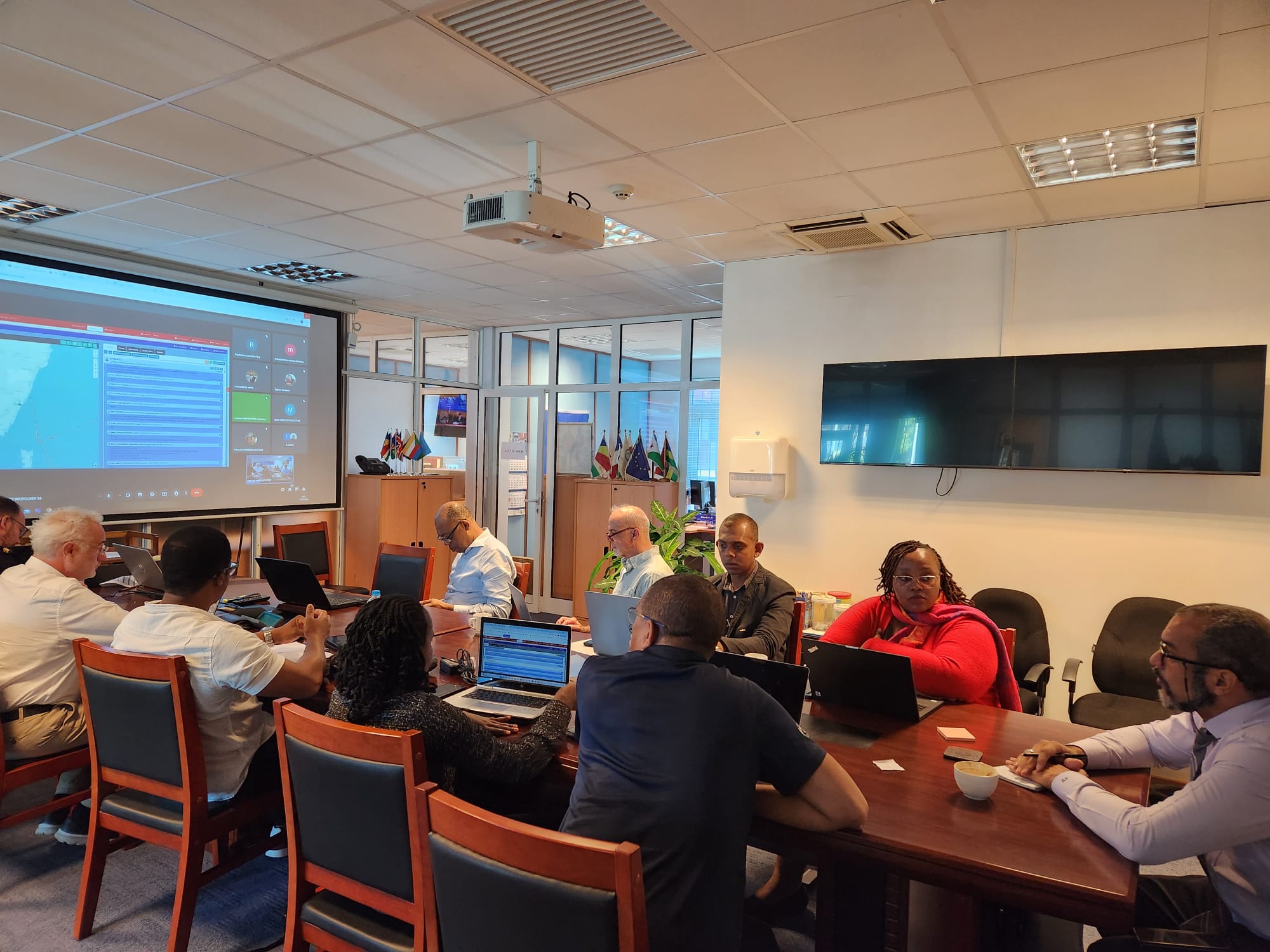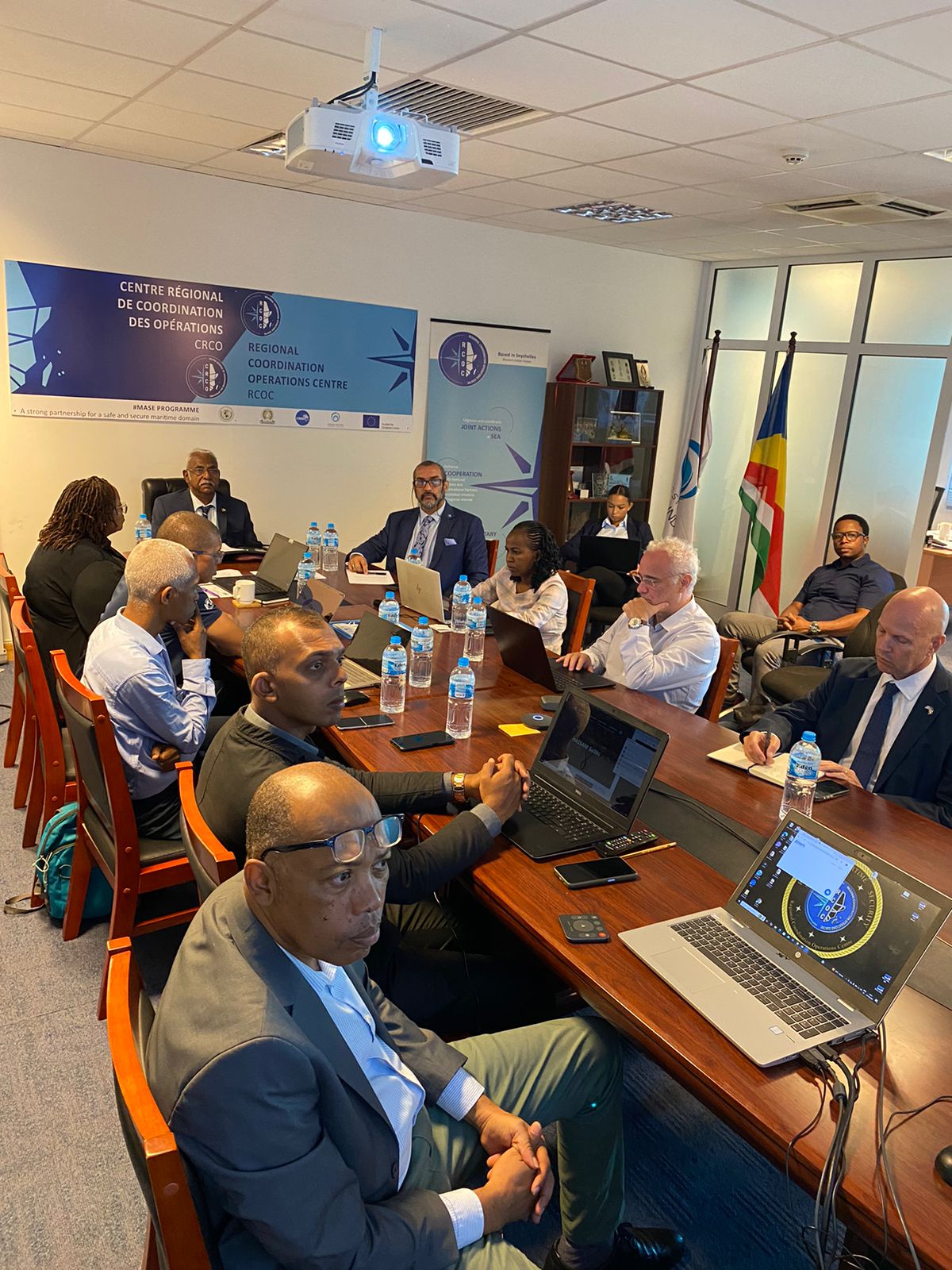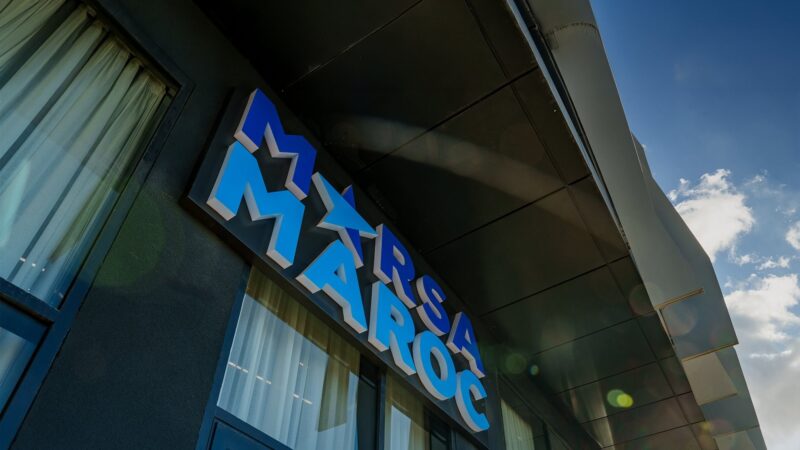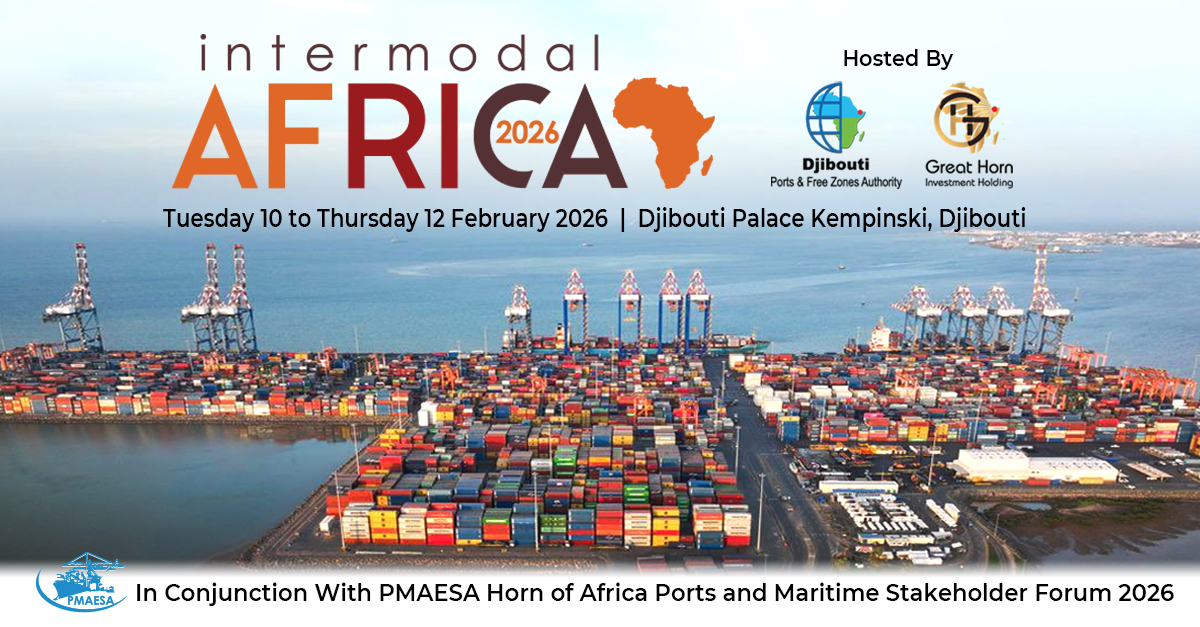WIOPOLREX 24 Wraps Up After Five Days of Intensive Engagement
WIOPOLREX 24, held from 07-11 October 2024, has concluded after five days of in-depth discussions, academic sessions, and command post exercise. Organised by the Regional Coordination Operations Center (RCOC) and the Regional Maritime Information Fusion Center (RMIFC) with support from the Indian Ocean Commission, the exercise aimed to strengthen the region’s capability to respond effectively to marine pollution incidents in the framework of Regional Architecture of Maritime Security and the Nairobi convention.
The event focused on protecting the blue economy and promoting sustainable development across the Western Indian Ocean.
Academic sessions
Through a series of expert-led sessions and hands-on exercises, WIOPOLREX 24 addressed several key themes, including:
- Nairobi Convention’s Role in fostering regional cooperation for combating marine pollution.
- Public Policies and International Initiatives aimed at protecting the blue economy from pollution.
- The Kenya National Oil Spill Contingency Plan.
- South Africa’s Strategies for preventing and responding to marine pollution incidents.
- Legal Aspects and International Cooperation in pollution preparedness and crisis management.
- Japan’s Wakashio Incident Case Study, offering lessons learned and best practices.
- Trends in Marine Pollution Incidents in the region and strategies toward prevention.
- Technology Applications for identifying and monitoring maritime hazards.
Command post exercise
Organized by the RCOC and supported by CRIMARIO, the exercise brought together numerous countries from the Western Indian Ocean and was focused on a major maritime oil pollution event impacting the coast of Kenya.
The Kenyan team, led by Stellamaris Mutheke from the Kenya Maritime Affairs Directorate, took charge of the response. The 30,000 (fictitious) tons of oil spilled, exceeding the capacity of a single state, prompted Kenya, using the IORIS communication and coordination tool, to request assistance from all countries in the region. Comoros, France, Madagascar, Mauritius, Mozambique and Seychelles responded to the call via the regional response mechanism in line with the emergency protocol of the 1985 Nairobi Convention, relying in particular on the regional centers RMIFC and RCOC.
Throughout the exercise, which aimed to strengthen the regional maritime security architecture, IORIS served as the primary communication, coordination, and control platform for counter-pollution operations. This included the effective use of simulations to enhance operational responses in the region. CRIMARIO experts Olivier Bézier and Patrick Rakotondravao developed the exercise scenario along with the associated simulations, focusing on the mobilization of naval, aerial, and terrestrial resources during marine pollution incidents.
They also provided support to over 50 IORIS users participating in the exercise, ensuring a collaborative and effective response to the maritime challenge participants had to face.
We extend our gratitude to Sam Gontier, Director of RCOC, Raj Mohabeer, SSA Coordinator, His Excellency Mr. Errol Fonseka, Minister of Interior of Seychelles, acting on behalf of the President of the IOC, for the organisation and support, which were crucial to the event’s success in fostering regional and international cooperation.
Source : Crimario II – Project







